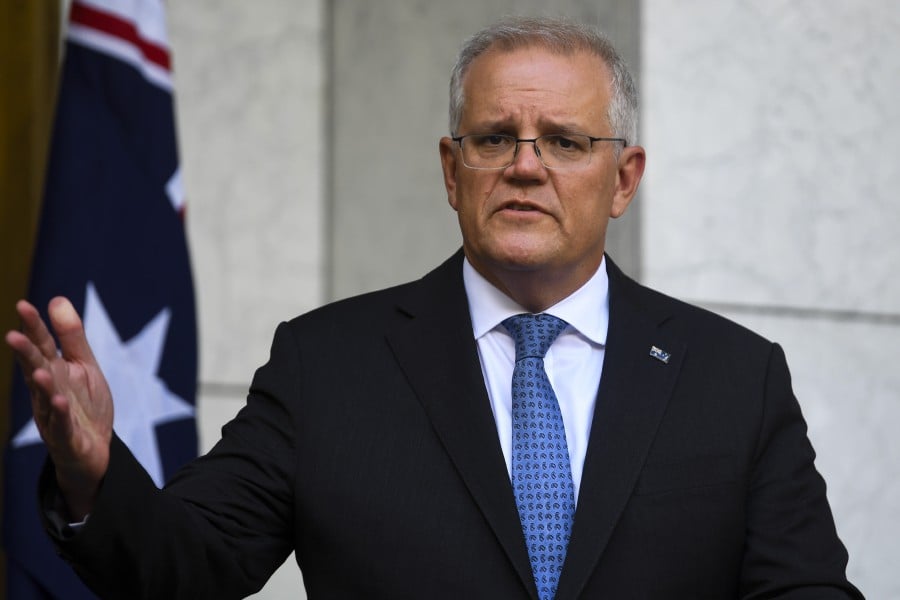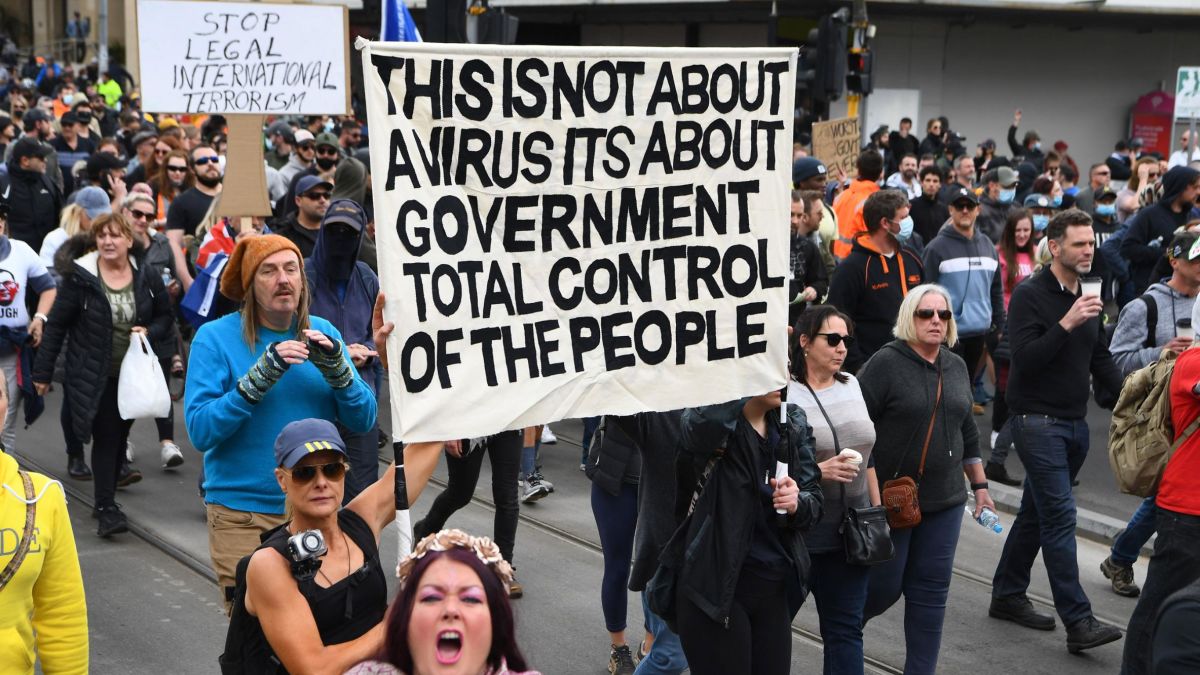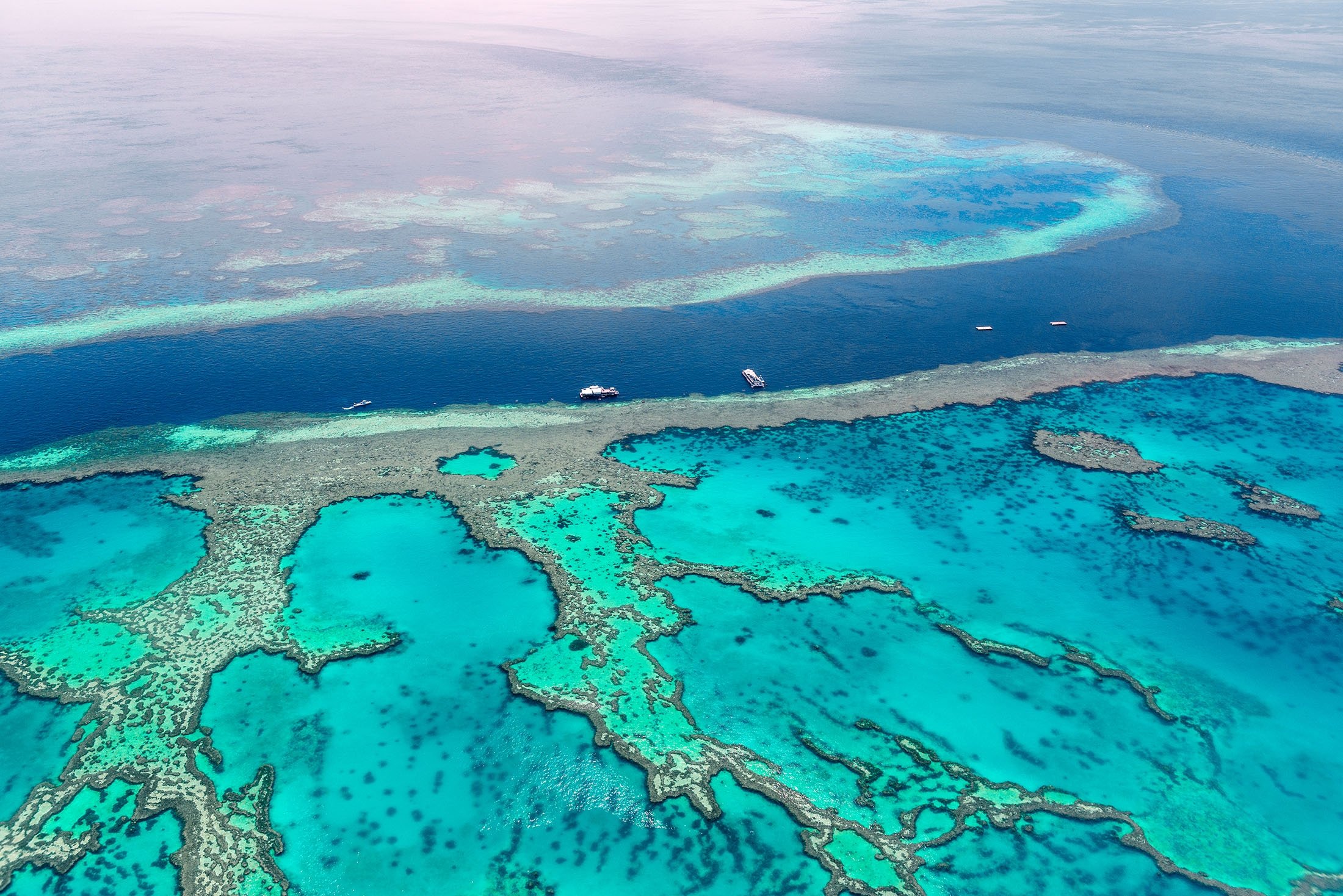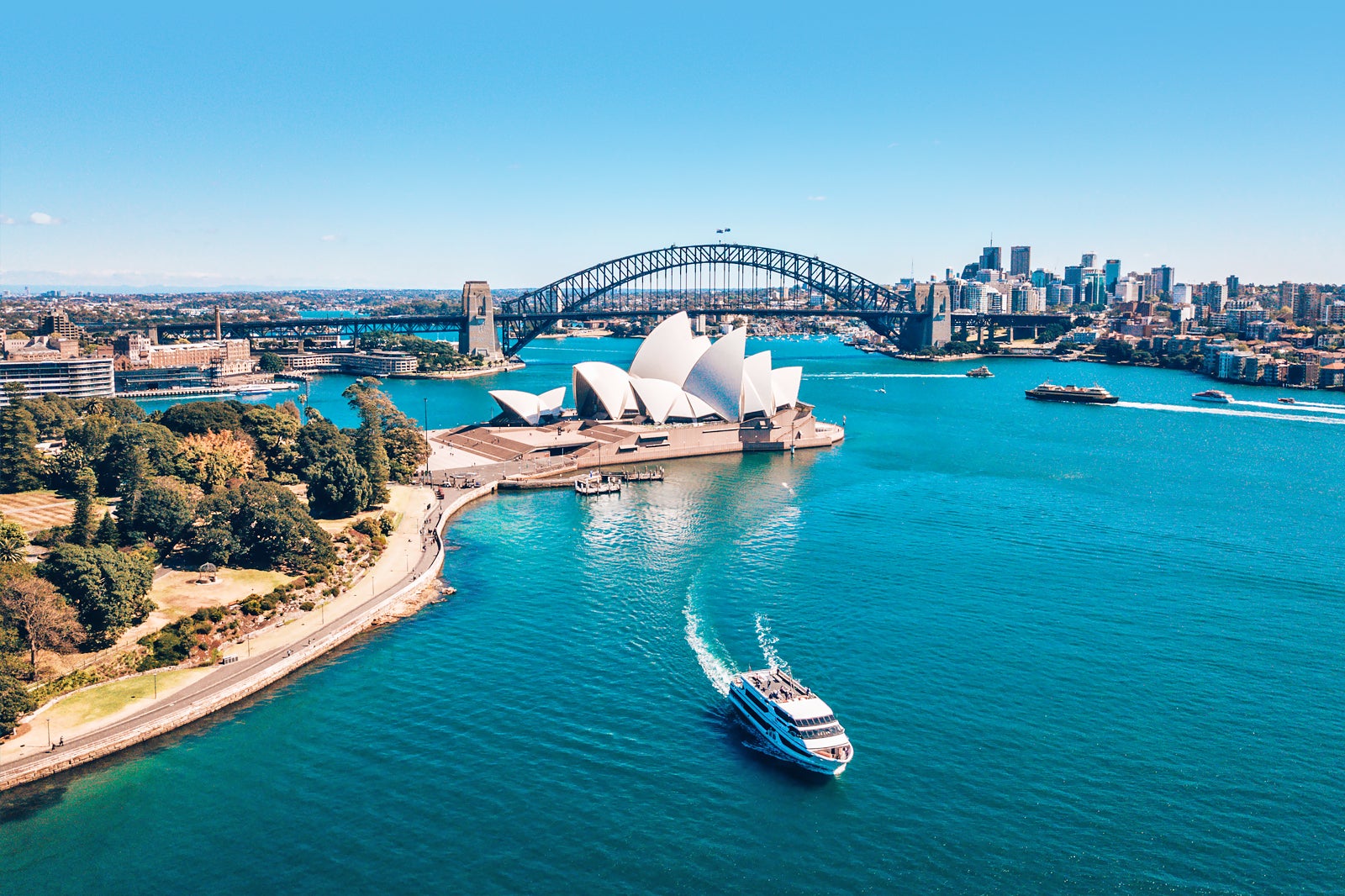Australia has had one of the world’s strictest and longest-lasting border lockdowns in place, causing local backlash and protests since March 2020.
Australian Prime Minister Scott Morrison announced yesterday that the country will reopen its borders to tourists from February 21, ending one of the world’s longest-running pandemic travel restrictions.
“It’s almost two years since we took the decision to close the borders to Australia,” Morrison said after a meeting of the national security cabinet.
He announced the borders will reopen to all visa holders “on the 21st of February of this year,” adding, “if you’re double vaccinated, we look forward to welcoming you back to Australia.”

Australia’s borders have been shut since March 2020 as the whole world went into lockdown, and have remained one of the strictest countries that barred citizens from leaving. They have since allowed in only a handful of visitors who have been granted exemptions.
The country’s pandemic restrictions have caused citizens and PR holders to be stranded overseas splitting families apart, and ravaged their multi-billion dollar tourist industry. The economic impact has raised polarised debates over how the government was handling the situation, and local pushback to lockdown restrictions and vaccination requirements have been quite severe.

According to the Australian Chamber of Commerce and Industry, every month of border closure has cost businesses an estimated US$2.6 billion. It’s only in the recent months that rules have been gradually relaxed leading to this latest decision to lift all remaining restrictions.
Australia’s long-standing “Covid-zero” policy came to a halt as vaccination rates went up but not before their once impressive track-and-trace system collapsed under a surge of Omicron cases.
Australia’s travel and tourism sector showed that visitor numbers fell almost 98% since the lockdown was put in place, are elated over the country opening up again.

“We’re very excited about being able to reopen,” said Tony Walker, managing director of the Quicksilver Group, which operates cruises, diving and resorts across the Great Barrier Reef.
“The last couple of years have been incredibly difficult for us,” he told AFP, urging people overseas to “come visit.”
The company which had 650 employees cut their staff down to 300 after business was heavily affected, and Walker says he expects “it will take some time to recover” from the past two years.
MALAYSIA TO FOLLOW SUIT ON MARCH 1
Also in welcome news, Malaysia’s National Recovery Council announced its recommendation for the country to open its international borders without need for quarantine with effect from March 1. However, no official announcement has been made yet by the government on whether or not this will be implemented, though various reports suggest the advice is being undertaken by the Ministry of Health (and possibly the National Security Council), and appears likely to be heeded, with the decision and various requirements to be made public soon.
Also, Health Minister Khairy Jamaluddin announced that from Friday (February 11), the mandatory temperature checks and recording of personal details upon entry at business establishments will be scrapped.
It’s just another step in the direction of a return to normalcy, and that this is happening amid the biggest spike in new cases since last September is a testament to the lessons that have been learned over the last two years, and a recognition that the Omicron surge is far less worrisome than previous waves of new infections.
"ExpatGo welcomes and encourages comments, input, and divergent opinions. However, we kindly request that you use suitable language in your comments, and refrain from any sort of personal attack, hate speech, or disparaging rhetoric. Comments not in line with this are subject to removal from the site. "



















